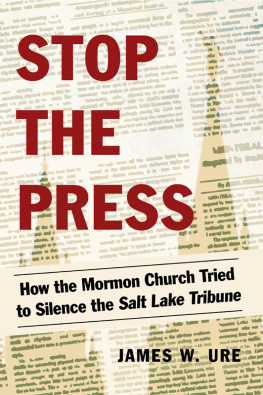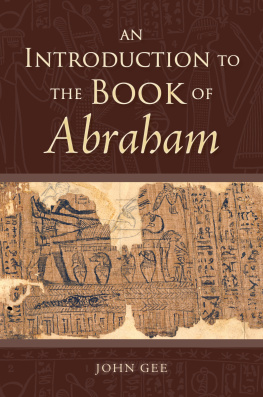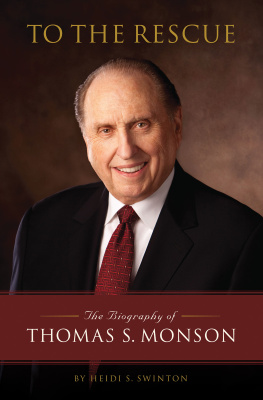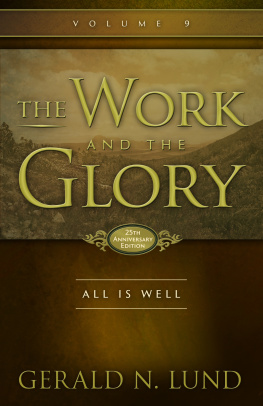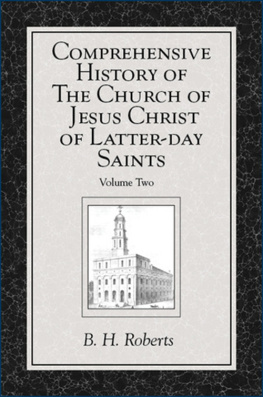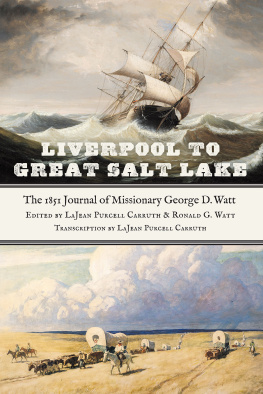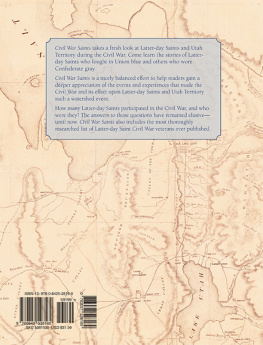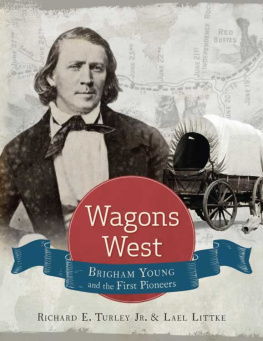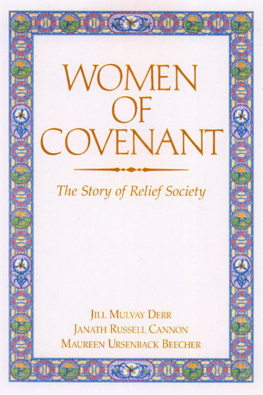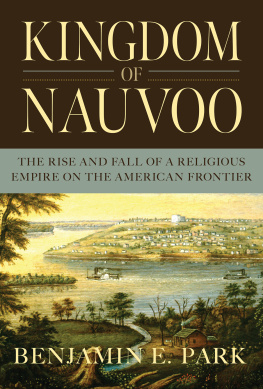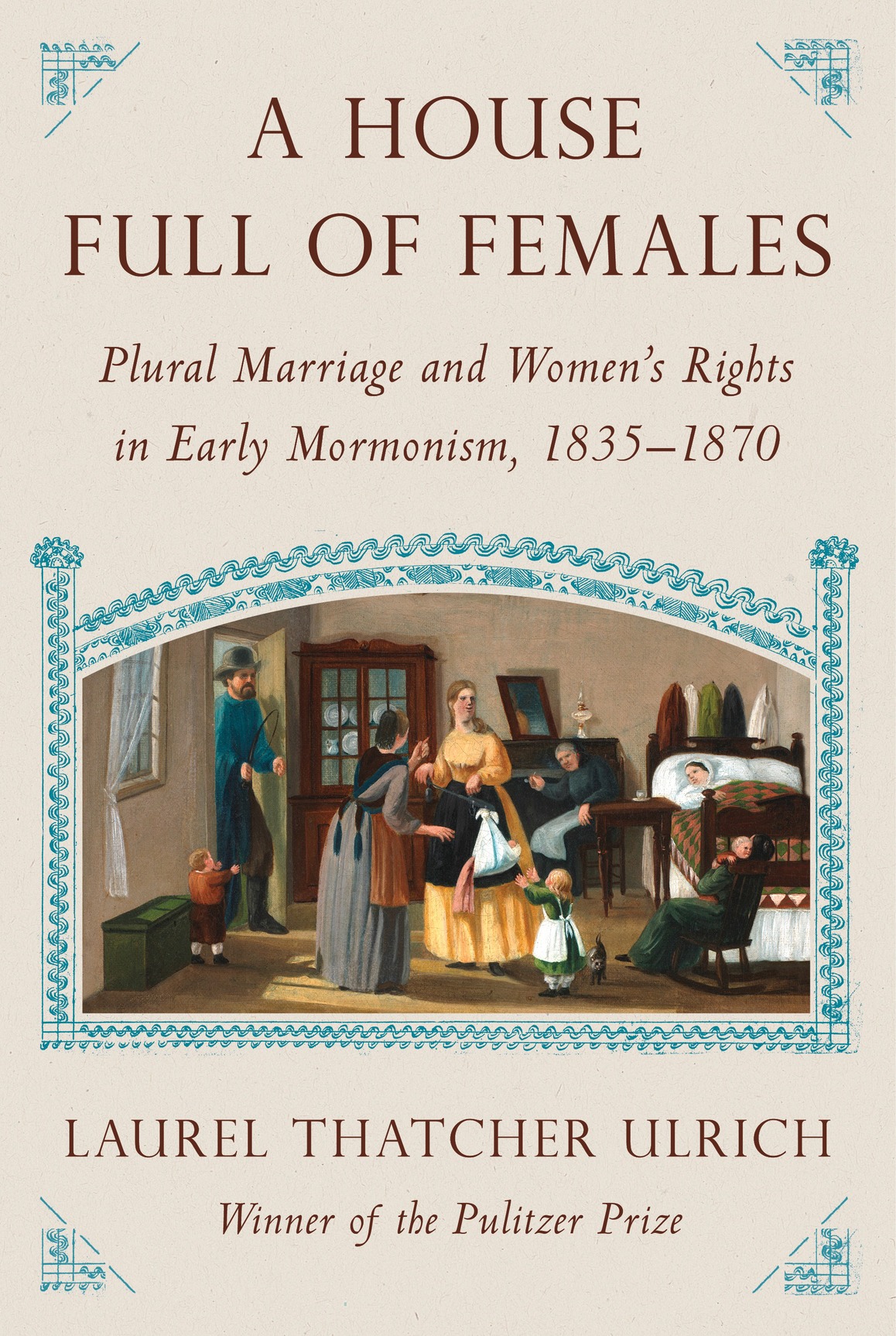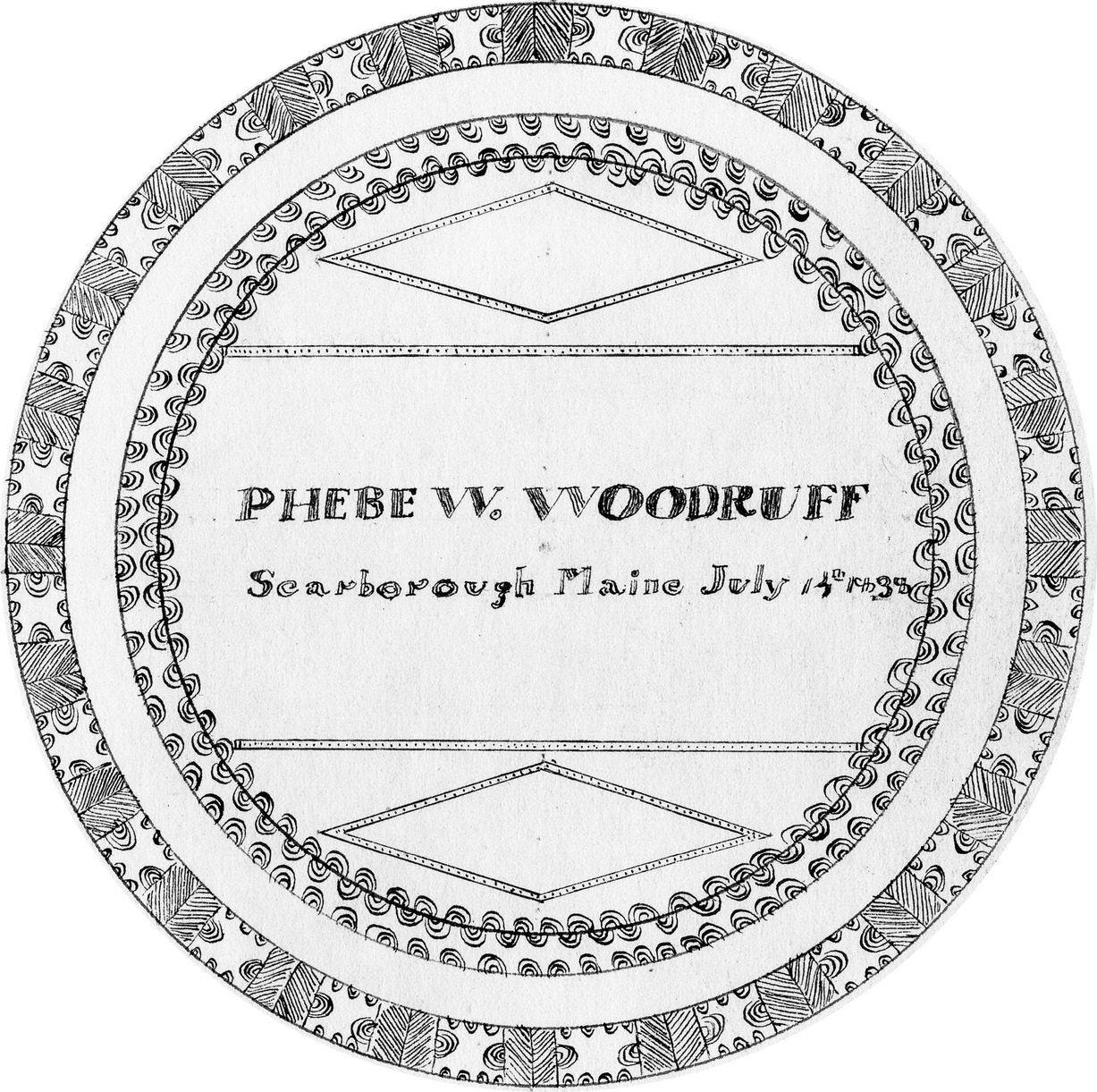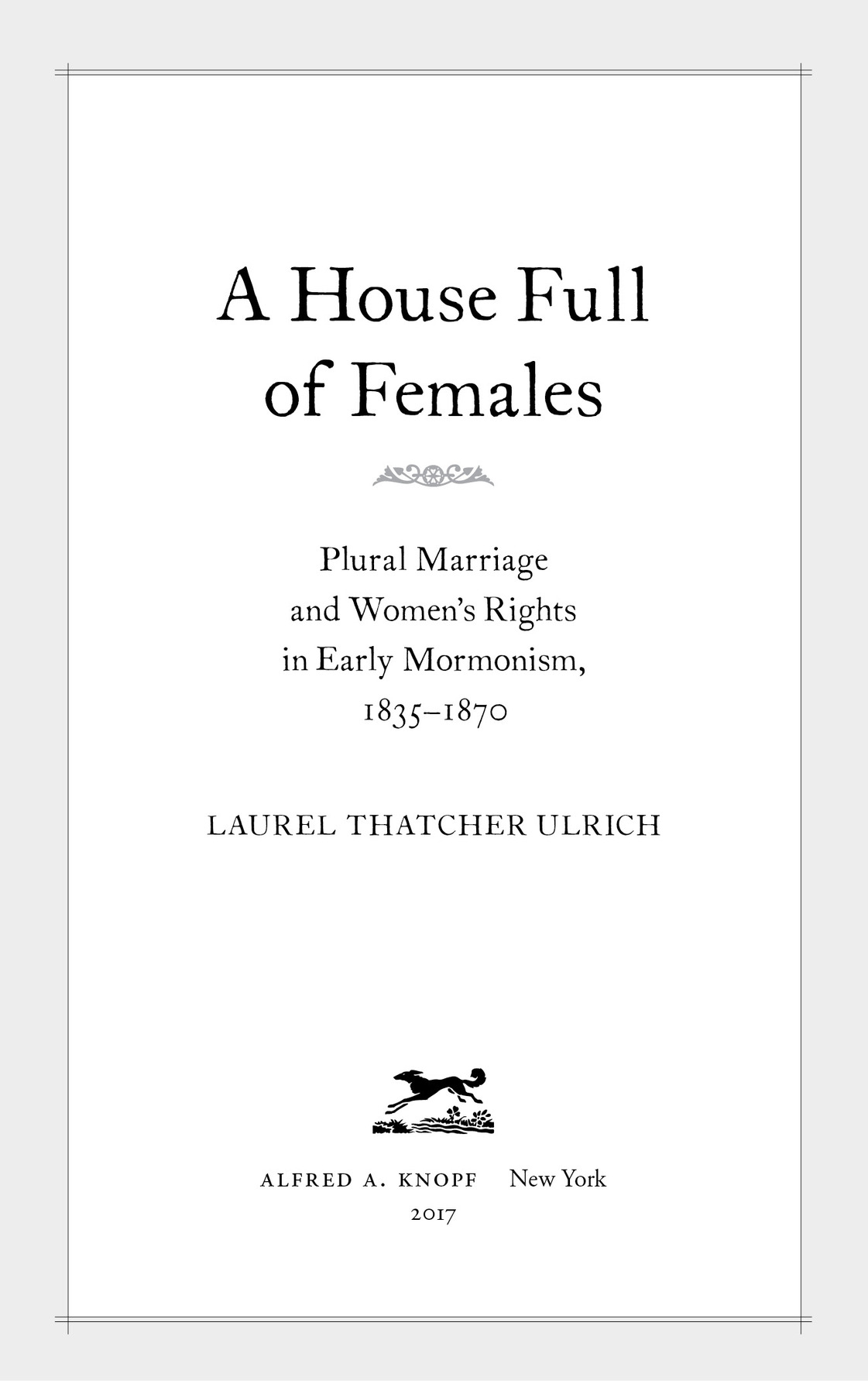ALSO BY LAUREL THATCHER ULRICH
Good Wives
A Midwifes Tale
The Age of Homespun
Well-Behaved Women Seldom Make History
All Gods Critters Got a Place in the Choir
(with Emma Lou Thayne)
Tangible Things: Making History Through Objects
(with Ivan Gaskell, Sara Schechner, Sarah Carter)
THIS IS A BORZOI BOOK PUBLISHED BY ALFRED A. KNOPF
Copyright 2017 by Laurel Thatcher Ulrich
All rights reserved. Published in the United States by Alfred A. Knopf, a division of Penguin Random House LLC, New York, and distributed in Canada by Random House of Canada, a division of Penguin Random House Canada Limited, Toronto.
www.aaknopf.com
Knopf, Borzoi Books, and the colophon are registered trademarks of Penguin Random House LLC.
Library of Congress Cataloging-in-Publication Data
Names: Ulrich, Laurel Thatcher, date.
Title: A house full of females : plural marriage and womens rights in early Mormonism, 18351870 / Laurel Thatcher Ulrich.
Description: First Edition. | New York City : Alfred A. Knopf, 2017. | Includes bibliographical references.
Identifiers: LCCN 2016008859 | ISBN 9780307594907 (hardcover) | ISBN 9781101947975 (ebook)
Subjects: LCSH : MormonsDiaries. | FamiliesReligious life. | FamiliesReligious aspectsChurch of Jesus Christ of Latter-day Saints. | FamiliesReligious aspectsMormon Church. | Church of Jesus Christ of Latter-day SaintsHistorySources. | Mormon ChurchHistorySources.
Classification: LCC BX 8693 . U 47 2017 | DDC 289.309/034dc23 LC record available at https://lccn.loc.gov/2016008859
Ebook ISBN9781101947975
Cover image: Weighing the Body by Carl Anton Christensen (1872), oil on canvas, 8 10 in., Springville Museum of Art
Cover design by Stephanie Ross
v4.1
ep
Contents
In memory of
Hezekiah Thatcher
Alena Kitchen
Nathan Davis
Sarah Woolley
John Bethuel Thatcher
Rachel Davis
Jeppe Folkman
Anna Serena Anderson
Robert Siddoway
Emma Jackson
Henry Hugh Harries
Mary Rees
Daniel Robison
Rachel Smith
Charles Turner
Elizabeth Wilkins
Hannah Ringrose
Organize yourselves; prepare every needful thing; and establish a house, even a house of prayer, a house of fasting, a house of faith, a house of learning, a house of glory, a house of order, a house of God.
Doctrine and Covenants of the Church of The Latter Day Saints, Kirtland, Ohio, 1835
The house was full of females quilting sewing etc.
Wilford Woodruff Diary, Salt Lake City, Territory of Utah, 1857
The records of this House shall prove
Were neither slack nor slow.
Eliza Roxcy Snow, Hymn for the Dedication of the Fifteenth Ward Relief Society Hall, 1869
INTRODUCTION
An Indignation Meeting
Salt Lake City, Utah Territory, 1870
L ight snow obscured the view of the mountains on January 13, 1870, as masses of Mormon women crowded into the old peaked-roof Tabernacle in Salt Lake City. The pine benches were hard, the potbellied stoves inadequate against the cold. No matter. They would warm themselves with indignation. The news had come by telegraph a week before. The much-feared Cullom Bill had passed the United States House of Representatives. If the Senate concurred, the government would soon have the power to confiscate Mormon property, deprive wives of immunity as witnesses, and imprison their husbands.
This wasnt the first time Congress had attempted to outlaw the Mormon marriage system. Calls for federal action had begun fourteen years before with the Republican Party platform of 1856, which linked polygamy in Utah and slavery in the South as twin relics of barbarism. Representative Justin S. Morrill of Vermont enunciated the essential argument: Under the guise of religion this people has established and seek to maintain and perpetuate, a Mohammedan barbarism revolting to the civilized world.
What nonsense! Eliza Snow exclaimed from the platform of the Old Tabernacle. She and other leaders among Salt Lake City women had acted quickly to organize an indignation meeting, a well-recognized form of protest in the nineteenth-century United States. Indignation was more than anger. It was sympathetic outrage directed at an injustice. The goal was publicity in its broadest sense.
The reporter for TheNew York Herald, disgusted at the sight of infatuated females speaking in favor of a system repugnant to women of finer feelings, nevertheless produced a full-page account of the speeches. The San Francisco Evening Bulletin pronounced the meeting one of the most remarkable, perhaps, that has ever congregated on the Continent. To see a mass of between 3,000 and 4,000 women, nearly all Anglo Saxon, many of them American born and raised, meeting together to advocate the claims of polygamy and defend the men who practice it, is food for reflection and moralizing. For TheDaily Cleveland Herald, the explanation was obviousthe women were as strongly attached to their peculiar and unpopular faith as the men can be.
The Mormon-dominated legislature in Utah soon demonstrated their confidence in their wives and sisters by passing a bill granting women the vote. Although the question of woman suffrage had been raised in Washington during debates over granting rights of citizenship to freed slaves, only the most radical among Eastern reformers were prepared to embrace it. When the tiny Wyoming legislature passed a woman suffrage bill in December 1869, most people considered it a stunt, since there were so few white inhabitants in Wyoming Territory and six times as many males as females. The situation in Utah was different. Females composed a slight majority of the territorys eighty-six thousand nonnative residents.
The spectacle in Utah soon attracted the attention of Elizabeth Cady Stanton and Susan B. Anthony, two of the most powerful advocates for woman suffrage. Still smarting over the refusal of Congress to embrace their cause, they added Utah to the itinerary for a journey west in 1871. After several days in Salt Lake City, Stanton told the press that antagonists on the Mormon question had missed the point. Polygamy and monogamy were both oppressive systems. She argued that those who opposed the Latter-day Saints were every bit as befuddled as the Saints themselves: The condition of women is slavery to-day and must be so long as they are shut out of the world of workhelpless dependents on man for bread. She was nevertheless pleased that Utah women had the vote. Eventually, she accepted polygamous wives as allies.


